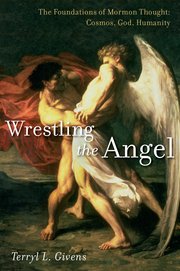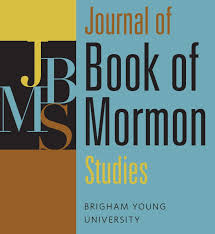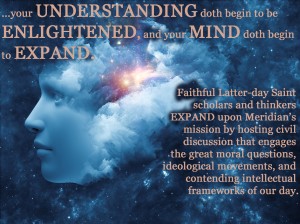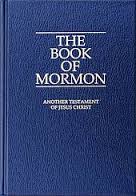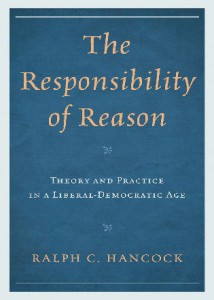I could be annoyed by Terryl Givens. His new Wrestling the Angel: The Foundations of Mormon Thought: Cosmos, God, Humanity has been keeping me up at night, throwing off my biological clock, further complicating my thinking and interfering with my already compromised “productivity.” But I am not annoyed, I am profoundly grateful, as all advised readers will be. This book is a monumental contribution that it will take us some time to digest. And it promises to meet a very distinct need in modern society and in contemporary LDS thought, though just the way it might help to define and meet that intellectual and spiritual, that moral and theological need – well, that is part of what we will have to begin to digest.
Herewith my attempt at a beginning in this task of thinking, a task that Givens has helped to make at once more urgent and more possible.
For those with a very tidy and finalized view of LDS doctrine, this book can only be unsettling. Our beliefs have a history, and that history includes many puzzles, aporias, and fissures. This might be a good reason to let history be history and even to leave it to historians, thus allowing today’s Saints to live by our own best doctrinal lights (according to authoritative present teaching), as well as by individual and ecclesial revelation. In fact I think this is generally a wise practice, since puzzles, aporias and fissures are not exactly the stuff (certainly not the whole stuff) of faithful religious practice. This is one reason to respect the argument of the “atheological” school of thought, best championed (with due caution and much nuance, to be sure) by my BYU and Patheos colleague James Faulconer. There is no reason to assume that a complete and airtight theological system is possible or even desirable; this seems true in general, and even more true of LDS belief and practice (with its commitments to personal and to ongoing institutional revelation) than of other Christian traditions. But Givens reasonably answers that “it is obvious that a body of teachings and propositions and beliefs have arisen in the Mormon faith tradition, and the question is how to establish general grounds for relative authority.” Givens could not be more aware that this “how” raises a very difficult question, and modestly proposes a presentation of doctrines that is “primarily descriptive,” while admitted that his “judgments are obviously selective and subjective.”
Now I am not overly fond of this self-description as “subjective,” because it seems to throw the door wide open to relativism, since it would seem anyone can be a “subject.” But there is no doubt selective judgments are in order, and Terryl Givens makes a bunch of them very judiciously. What most interests me is the grounds on which these are made. These grounds are often historical and ecclesial – what came earlier, what was most official, what is now official, etc. – but they are also significantly … how shall I say: substantive, philosophical, and practical. Givens’ “selective” judgments confront us with the necessity to consider, not only what is continuous with our history (for this is not always an adequate guide), but what is on balance sound, coherent, and, well, good. And the question what is sound, coherent and good itself has a historical dimension (albeit one most often slighted by historians), that is: what challenges are faced in our contemporary world that call forth certain strengths of our theological history and tradition? I will argue that it is in view of certain distinct challenges that Givens is justified in imposing some theology on the relatively atheological practice of Mormonism.
If Givens’ remarkably rich historical and comparative treatise on Mormon belief is finally edifying and faith-promoting (as well as challenging, perplexing, even unsettling), it is because he begins to show us how to appreciate on the most critical philosophical grounds, and despite the inevitable failure of any attempt at a whole, complete and uncontested system, the goodness of our tradition as it has been appropriated by living prophets and apostles.
COMING SOON (GOD WILLING, AS ALWAYS): “TERRYL GIVENS’ ROMANTIC MORMON THEOLOGY”

